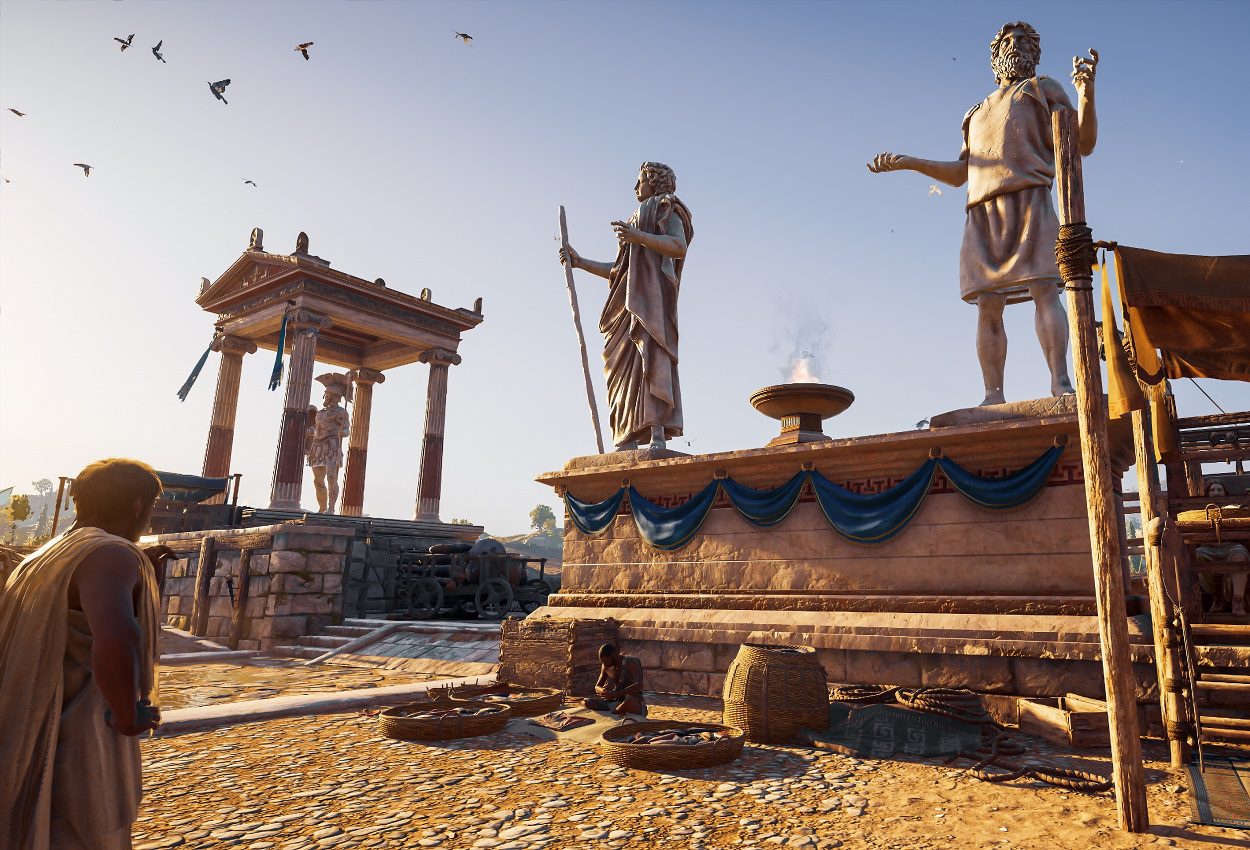Over the past several years there has been a decline in ancient studies for which this downward trend may be due to a lack of interest or a focus on STEM and technical courses with careerist attitudes designed solely to get jobs. This is despite liberal arts and social sciences being the foundations of modern democracy and society.
As a result, there is a decline in studentship and funds for departments and the research they conduct, such as the closing of world-famous departments (Sheffield’s department of archaeology and Howards Classical studies departments being prime victims).
Instead, colleges are offering bare minimum introductory courses with little in depth content. However, in recent years there has an organisation fighting to stop this decline.
Save Ancient Studies Alliance (SASA) was formed in 2019 by Dr David Danzig, of New York University, to record and combat the downward trend in ancient studies.
It is an international organisation staffed by volunteers from every continent consisting of graduate students, independent scholars, and professionals (such as teachers).

The main strategies include archaeogaming modules to engage younger audiences in the ancient world, book clubs (which have featured authors such as Dr Kara Cooney and Liv Albert of let’s talk about myths, baby), as well as creating a portal for organisations related to ancient studies in the Port ancient webpage and a gallery of ancient studies resources. Furthermore, they also host live virtual conferences with talks from scholars and ancient studies by related organisations as well as publishing a yearly annual report.
The growing Port Ancient page also includes several organisations that has re-enactment groups, podcasts, youtubers and related journals or websites.
SASA’S Stated goals are:
1.Inspire a passion for Ancient Studies among high school, undergraduate, and graduate students
2.Provide content, tools, and instructions online to make the study of the Ancient World more accessible
3.Recruit a community of Ancient Studies students, professionals & enthusiasts to further the cause
4.Develop, advocate, and support scholarly life for graduates of subjects related to Ancient Studies who work in non-academic fields.
The archeogaming modules include topics such as “Building the First Cities: Urbanism in Egypt and Mesopotamia” and “All Roads Lead to Rome: Making and Maintaining the Roman Empire”, as well as studies on the Vikings, ancient Greeks and the medieval period that includes several of the Assassin’s Creed games and Kingdom Come: Deliverance and Crusader Kings.
Founder David Danzig, said: “I started SASA because I feel there is tremendous value in Ancient Studies at all educational levels. Ancient Studies, as a niche area within the Humanities is currently trending down in higher education. However, I am confident that since there is so much natural interest in the ancient world we will be able to harness that and drive renewed passion for humanistic study of the premodern past”.
SASA and its mission are incredibly important in a world where university departments are losing funding despite their research about the past bringing new discoveries every year. The current focus on progress threatens to destroy the heritage sector and with it, the lessons we can learn from the past.
Ancient studies and the human fascination with it saturate modern popular culture, such as Game of Thrones, the Indiana Jones franchise, Troy and even Marvel/Disney. Looking into the future, SASA is looking to expand with more in person work, specifically, attending conferences of all types related to ancient studies.
You can find out more or get involved with SASA by visiting the link: www.saveancientstudies.org
Header Image Credit : Shutterstock





